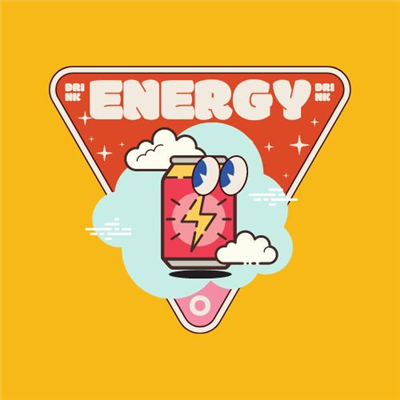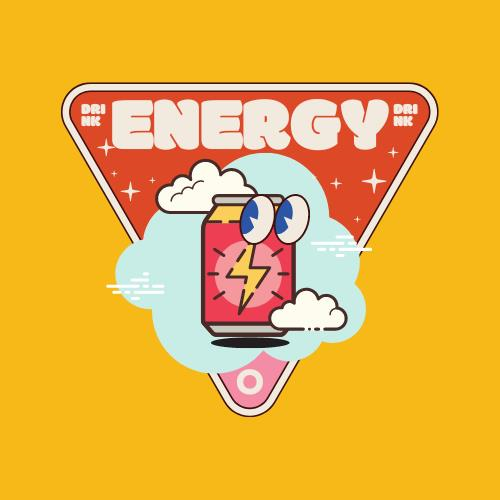Understanding the Impact of Energy Drinks on Children
Published: Tuesday, June 6, 2023
"With the recent attention surrounding energy drinks, there has been a growing concern about the safety of these beverages, particularly for children," states Omy Naidoo, a Newtricion wellness dietician.

Naidoo adds, "However, it's worth noting that not all energy drinks are the same. For example, Prime, which is currently available in South Africa, is a hydration drink that does not contain caffeine or stimulants."
So, what sets hydration drinks apart from energy drinks? While hydration drinks provide glucose and electrolytes for replenishment, energy drinks contain stimulants such as caffeine, taurine, and ginseng. These stimulants can have adverse effects on the body, particularly when consumed in large quantities. Furthermore, energy drinks that contain artificial sweeteners have been associated with alterations in gut bacteria, which can impact glucose metabolism and potentially increase the risk of diabetes.
The risks associated with energy drinks for children and adolescents primarily stem from high caffeine consumption. Excessive intake of caffeine can lead to elevated blood pressure, sleep disturbances, headaches, stomach aches, and hyperactivity. During adolescence, a critical period for bone development, caffeine can interfere with calcium deposition, resulting in weaker bone formation. Additional side effects include heightened anxiety symptoms and irritability.
"Interestingly, even occasional consumption of energy drinks during adolescence has been linked to problematic health behaviors, such as increased smoking, alcohol consumption, excessive social media use, shortened sleep duration, and poor food choices. This is because caffeine can impact neural pathways in the brain, leading to dependency behaviors," adds Naidoo.
According to the American Academy of Pediatrics, caffeinated beverages should be avoided for children under the age of 12. For adolescents aged 12 to 18, caffeine intake should be limited to 100mg per day, equivalent to a traditional cup of coffee, two cups of tea or diet soda, or half a bottle of caffeinated sports drinks.
Sugar-free energy drinks, with their low-calorie content and high caffeine levels, have gained popularity among young females with eating disorders, who use them to manage or lose weight. However, this trend can be hazardous and potentially detrimental to their health.
In conclusion, hydration and energy drinks are here to stay, but it's crucial to remember that they should not be the sole source of hydration. Children should consume six to eight cups of water daily, in addition to fruit juices and milk for optimal bone health. As parents, we must be mindful of the consumption of these drinks and encourage moderation. In some cases, the traditional cup of coffee may be a better alternative for improving concentration and focus in adolescents aged 12 to 18, as stated by Omy Naidoo, a Newtricion wellness dietitian.
